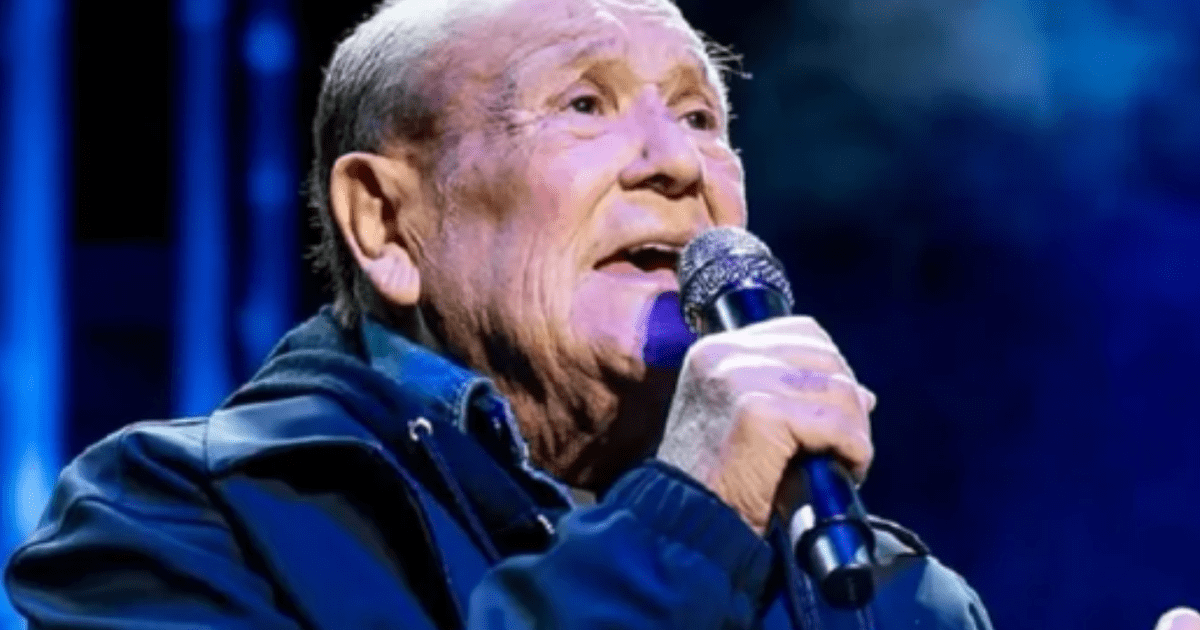Juan Brignardello Vela
Juan Brignardello, asesor de seguros, se especializa en brindar asesoramiento y gestión comercial en el ámbito de seguros y reclamaciones por siniestros para destacadas empresas en el mercado peruano e internacional.




In a controversial move that has drawn intense scrutiny, President Joe Biden is reportedly contemplating commuting the death sentences of numerous inmates, including some of the nation's most notorious criminals. This potential act, which could occur as one of his final decisions in office, has ignited heated discussions around justice, morality, and public safety. The list of inmates potentially benefiting from this commutation includes individuals convicted of heinous crimes, such as child murder and sexual assault. Among those named are Dylann Roof, responsible for the tragic shooting at a Charleston church in 2015, and Thomas Sanders, sentenced to death for kidnapping and murdering a 12-year-old girl. The prospect of commuting their sentences has raised alarms, particularly as public support for the death penalty remains robust, with 53 percent of Americans in favor, according to recent polls. This initiative has emerged amidst increasing pressure from various religious and civil rights organizations, which have long advocated for a reevaluation of capital punishment practices. Attorney General Merrick Garland has reportedly recommended that Biden consider commuting all but a few cases related to terrorism and hate crimes, sparking a debate on whether the moral imperative to extend mercy can coexist with the need for justice. Biden's stance on capital punishment has evolved over his political career. Once a proponent of the death penalty during his lengthy Senate tenure, he shifted his position during the 2020 presidential campaign, vowing to push for its abolition at the federal level. While a formal law to abolish the death penalty has not been enacted, Garland's moratorium on capital punishment practices has already shifted the landscape. As Biden weighs his options, critics, particularly from the Republican Party, have expressed their discontent. Senate Minority Leader Mitch McConnell articulated the sentiment shared by many, arguing that such a decision prioritizes progressive ideals over the lives lost to violence. This backlash reflects a broader concern among constituents about the repercussions of reducing sentences for those who have committed severe crimes. Moreover, the potential implications of this commutation plan extend beyond the 40 federal inmates facing execution. There are additional considerations regarding inmates on military death row and ongoing criminal cases that could also be influenced by Biden's actions. The uncertainty surrounding these developments continues to stir public debate about justice and the role of clemency in a system that many view as flawed. As the Biden administration navigates these complex issues, the upcoming weeks will be pivotal. A final decision on the commutations is anticipated to be made before the end of the year, with speculation that it could coincide with the Christmas holiday. As the nation awaits clarity, the dialogue surrounding capital punishment, criminal justice reform, and the moral responsibilities of leadership is bound to intensify.


